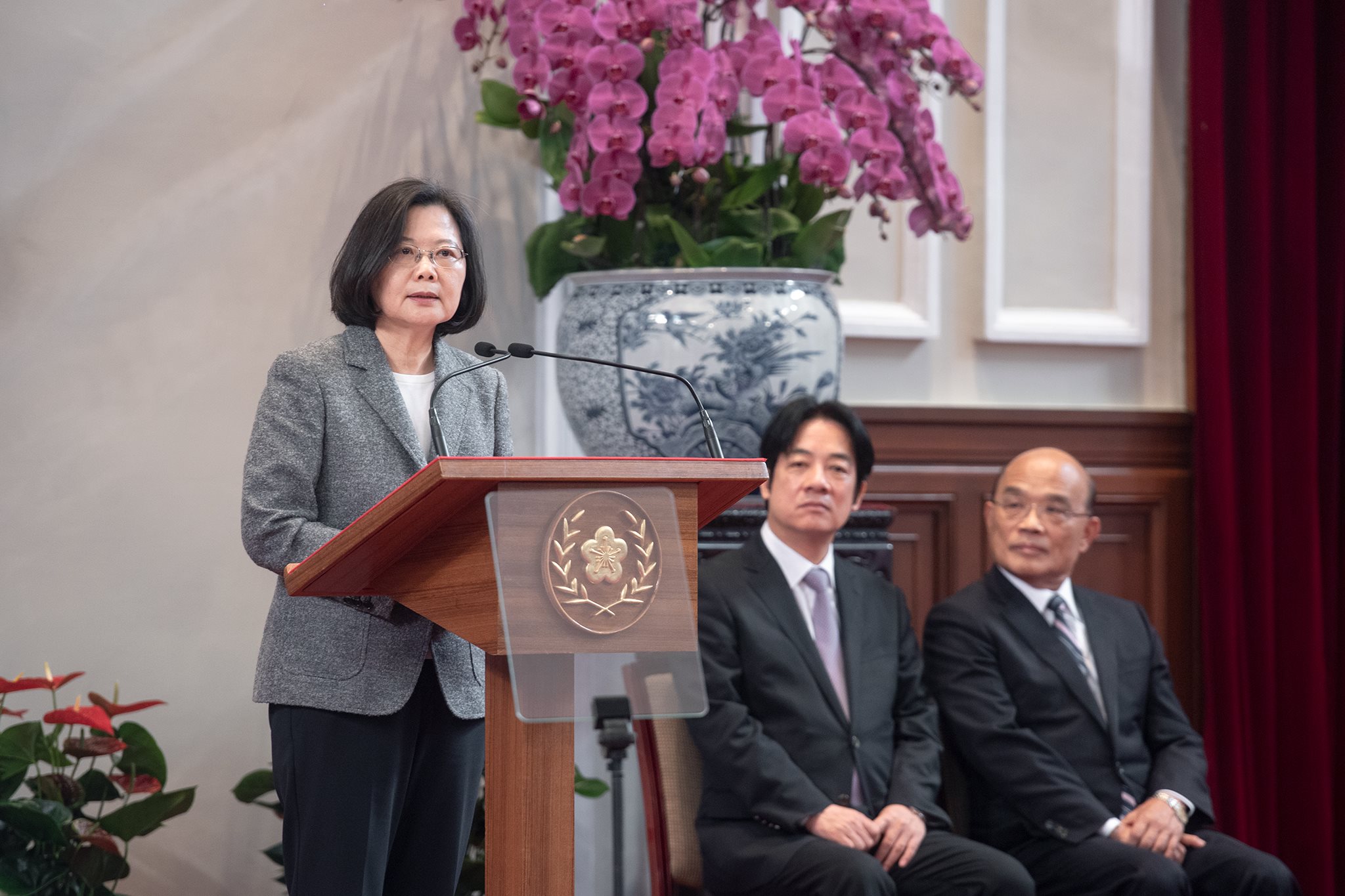Beijing continues to pressure Taiwan’s non-official diplomatic allies into avoiding official contact with representatives from the democratic island-nation. By ignoring China’s demands, India sets an example that should be emulated by other sovereign states.
The Chinese Foreign Ministry has warned India to respect China’s “core concerns” and “prudently deal” with Taiwan after a delegation of academics and businesspeople led by three female Taiwanese legislators visited India earlier this week.
“We hope that India would understand and respect China’s core concerns and stick to the ‘one China’ principle and prudently deal with Taiwan-related issues and maintain sound and steady development of India-China relations,” ministry spokesman Geng Shuang told media, referring to “so-called legislators from Taiwan.”
Beijing opposes any official contact between Taiwan and other countries with whom China has diplomatic relations, Gang said, alluding to his government’s “one China” principle.
According to Indian media, Beijing has also filed an official protest with New Delhi over the visit.
Chinese Communist Party (CCP)-controlled media also weighed in, warning India that “playing the Taiwan card” was tantamount to “playing with fire.” The CCP mouthpiece Global Times opined that “some Indian strategists have advised the Modi government to play the Taiwan card, using the commitment of the ‘one China’ policy as leverage in exchange for China’s endorsement of ‘one India.’”
“By challenging China over the Taiwan question, India is playing with fire,” it said, accusing President Tsai Ing-wen of “exploiting India’s ‘strategic suspicions against China.’”
“High-level visits between India and Taiwan are not very frequent, so why did India invite the Taiwan delegation to visit at this time?” the Global Times continued, echoing fears in Beijing of growing engagement between Taipei and New Delhi in recent months as Taiwan seeks to implement its New Southbound Policy.
Taiwan’s tech giant Foxconn has announced plans to invest US$5 billion in a mobile handset plant in India’s Maharashtra state.
On Feb. 8, India and Taiwan also celebrated the first anniversary of the creation of the Taiwan-India Parliamentarians’ Friendship Forum in New Delhi.
“India wants benefits from the development of trade with Taiwan and Taiwanese investment,” the Global Times wrote. “But it should be wary of Tsai’s political intentions and avoid being used to confront the mainland [China].”
“Pro-independence forces in Taiwan have become more isolated in the world. Those who want to use the Taiwan question to contain the mainland will have to suffer losses,” it warned.
India, a sovereign state with its own policies regarding China and Taiwan and at times a strategic competitor to China, brushed off the démarche by saying there was “nothing unusual” and “no political meaning” to the visit.
“We understand that a group of Taiwanese academics and business persons, including a couple of legislators, is visiting India,” External Affairs Ministry Spokesperson Vikas Swarup said. “Such informal groups have visited India in the past as well for business, religious and tourist purposes.”
“I understand that they [Taiwanese delegations] do so to China as well,” Swarup added.
“Such informal groups have visited India in the past as well for business, religious and tourist purposes … I understand that they do so to China as well.”
Led by Democratic Progressive Party (DPP) Legislator Kuan Bi-ling, the delegation arrived in India on Monday and was scheduled to return to Taiwan today (Thursday).
Beijing’s objections to the visit come amid signs that China is doubling down on Taiwan by seeking to deter its non-official diplomatic allies from engaging with the democratic island-nation. South Africa, Nigeria and Cambodia are recent examples of countries that have been pressured by Beijing into distancing themselves from Taiwan, even at the level of non-official exchanges that, in the past, had been countenanced by Beijing.
As the world’s seventh-largest economy, India is undoubtedly in a stronger position to ignore Beijing’s warnings against engagement with Taiwan, which may not apply to smaller (and often less democratic) countries that are increasingly exposed to, and reliant upon, Chinese investment and attendant diplomatic pressures.
Still, New Delhi’s example is one that should be emulated by other robust democratic states, and one wishes that push-back on Beijing’s attempt to dictate the foreign policies of other countries, not to mention the level of engagement that those sovereign states can have with delegates from democratic Taiwan, would occur more frequently. The reason why Beijing continues to use threats against other countries is that it often has gotten what it wanted by doing so. Arguably, all that is needed is for a few democratic states to shrug off such complains to get the ball rolling and ensure that Taiwan continues to have the space, however “unofficial,” it needs to continue to prosper.
You might also like
More from Cross-Strait
Taiwanese Celebrities Who Bow to China: A Tempest in a Teapot
Taiwanese entertainers Ouyang Nana and Angela Chang have sparked controversy in Taiwan over news that they will perform at China’s …
In Memoriam: Lee Teng-Hui and the Democracy That He Built
The former president of Taiwan is the incontestable refutation of the belief that history is merely an impersonal force, that …
The Making of ‘Insidious Power: How China Undermines Global Democracy’
A new book released on July 30 takes a close look at the agencies and mechanisms of CCP 'sharp power' …









